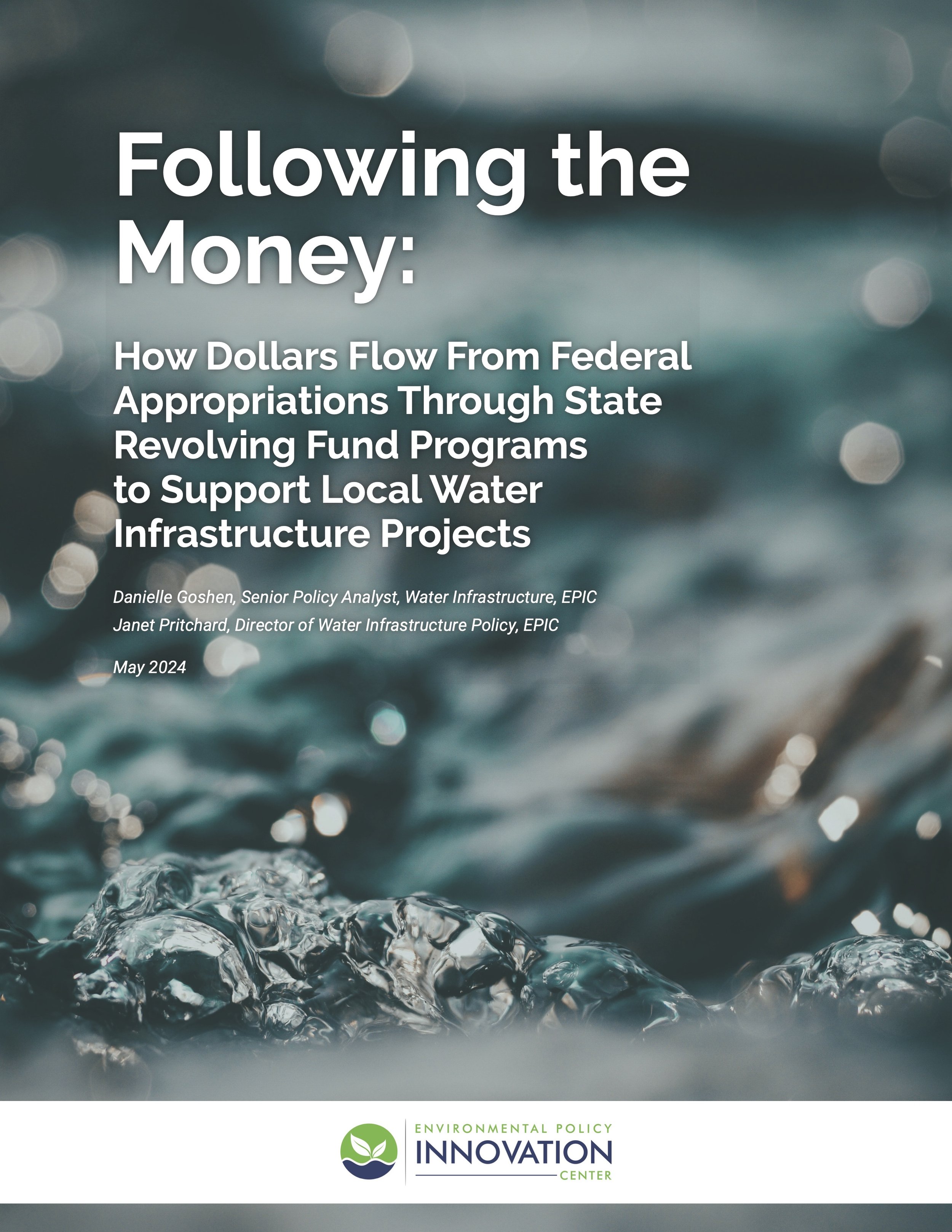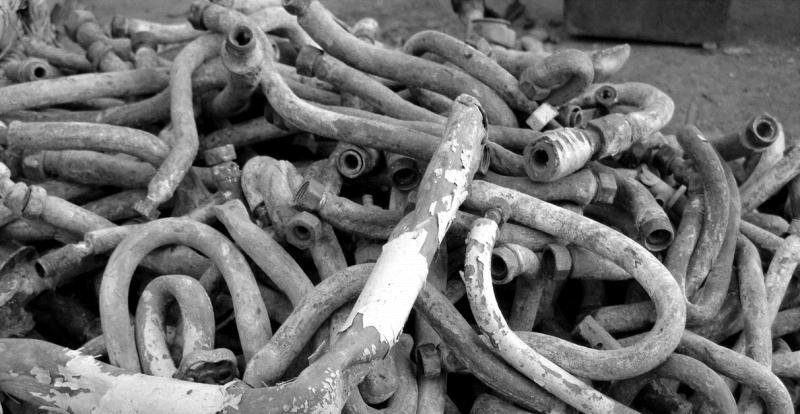Discover More

A Data Funnel for Drinking Water Infrastructure

Are More Drinking Water Funds Going to State-defined Disadvantaged Communities Through State Revolving Funds? (Answer: Be Patient!)

New Tool Spotlights Areas for Drinking Water Interventions in Texas

Following the Flow of Investments in Water Infrastructure Projects through the State Revolving Funds (SRFs)

Following the Money: How Dollars Flow From Federal Appropriations Through State Revolving Fund Programs to Support Local Water Infrastructure Projects

How State Revolving Fund Policies Can Support Equitable Water Workforce Development
Washington State Standing Up Community-Based Public-Private Partnerships for Green Stormwater Projects
Reading between the (lead pipe allotment) numbers: 2024 version

Making Waves in Water Management Together

A glimpse of the (wastewater) future in Colorado

EPIC submits public comment on Lead and Copper Rule Improvements

The Wide World of Drinking Water Data
For experts working to improve drinking water quality and access, the data is almost as important as water itself. How can we better access this data? Who has safe, affordable, and quality drinking water—and who doesn’t? This blog begins to answer some of those key questions.

Probably More Than You Want to Know About SRF Compound Interest

Variation in Borrowing Costs Between Different States’ Drinking Water and Clean Water State Revolving Fund Programs

Three Powerful Tools for Tracking Water Infrastructure Investments

President Biden Delivers on Promise to Replace All Toxic Lead Pipes

Improving a Program that Works: Prioritizing New Jersey Water Bank Projects in Disadvantaged Communities
This report, published with New Jersey Future, looks at the New Jersey Water Bank (NJWB), which has provided over $9 billion in low-cost financing for water and wastewater infrastructure projects in the state. The report analyzes NJWB awards (i.e. low interest loans and principal forgiveness) over a 5-year period and also assesses the underlying policies governing how New Jersey defines disadvantaged communities.
The report’s ten recommendations would increase the equity and effectiveness of the NJWB program and ensure that communities with the greatest needs receive adequate assistance.

Delivering on Justice40: Perspectives from State Agency Staff

Service Area Boundary Coalition Update


